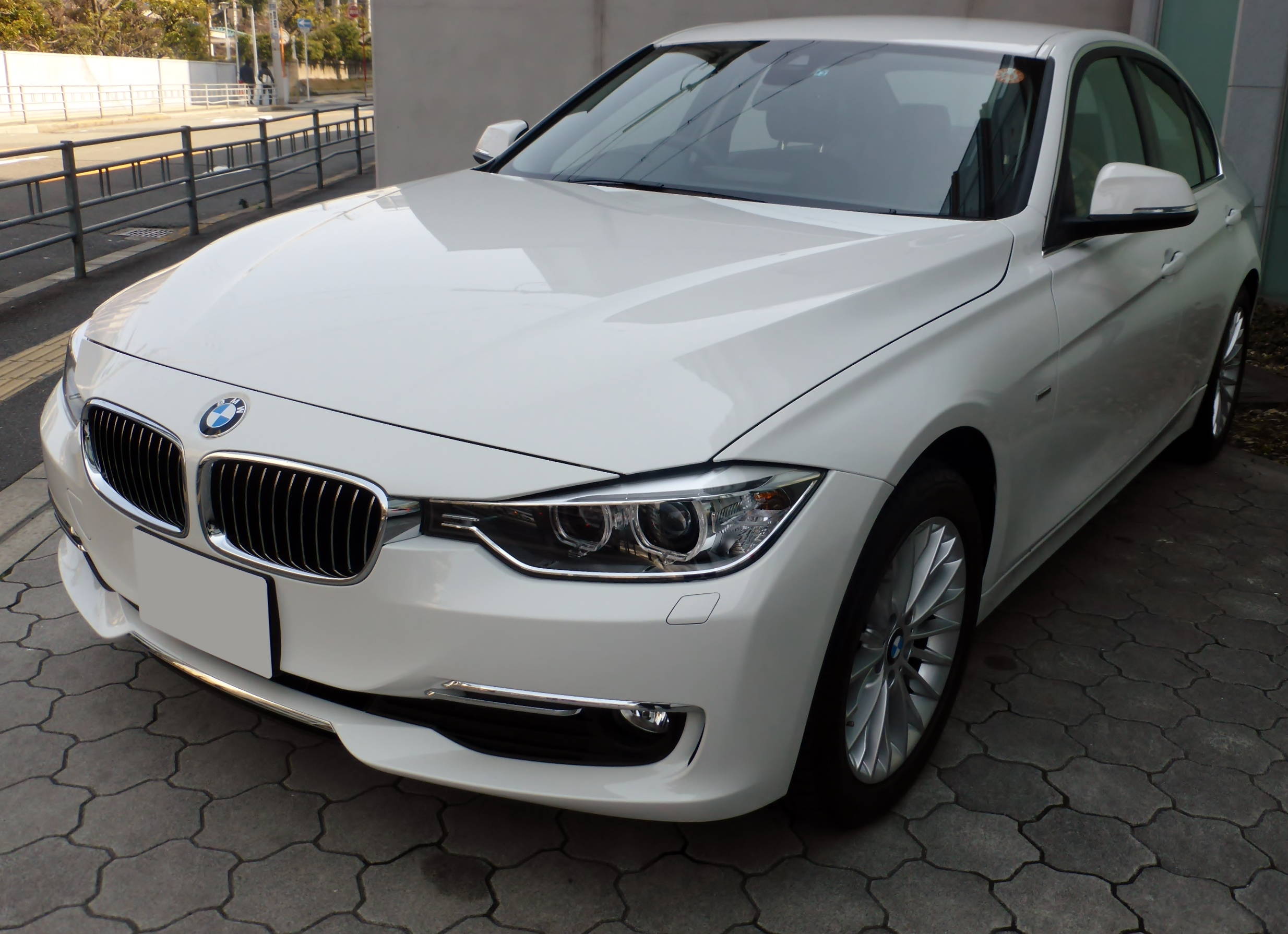Unveiling the Trials: BMW 3 Series Sixth Generation (F30/F31/F34/F35) on the American Market

In 2011, BMW introduced the sixth generation of its revered 3 Series lineup to the American market, promising a blend of luxury, performance, and innovation. However, beneath the sleek lines and refined interiors of the F30/F31/F34/F35 series lay a series of challenges that influenced the ownership experiences of countless consumers across the United States. In this in-depth exploration, we uncover the intricacies of the BMW 3 Series sixth generation, shedding light on the triumphs and tribulations that defined its presence on American roads.
1. N20 Engine Timing Chain Issues:
One of the most prominent issues that plagued the sixth-generation BMW 3 Series on the American market revolved around timing chain problems in vehicles equipped with the N20 engine. Owners reported issues such as rattling noises emanating from the engine bay, indicating potential timing chain tensioner or guide failures. In severe cases, timing chain failure could lead to catastrophic engine damage, necessitating costly repairs or even engine replacement. While BMW acknowledged the issue and extended warranties for affected vehicles, the prevalence of timing chain problems underscored concerns about the reliability and durability of the N20 engine, tarnishing the ownership experience for many consumers.
2. Electronic Glitches and Software Bugs:
As with its predecessors, the sixth-generation BMW 3 Series grappled with electronic gremlins that manifested as glitches and software bugs in various onboard systems. Owners reported issues ranging from malfunctioning infotainment screens and navigation systems to erratic behavior of driver-assistance features such as lane departure warning and adaptive cruise control. Despite BMW's efforts to address these issues through software updates and technical remedies, the persistence of electronic glitches raised questions about the robustness of the vehicle's electronic architecture and its susceptibility to software-related malfunctions. For many owners, these electronic challenges detracted from the overall ownership satisfaction and reliability of the F30/F31/F34/F35 series.
3. Steering Rack and Suspension Component Failures:
The sixth-generation BMW 3 Series faced scrutiny for premature wear and failure of steering rack and suspension components, particularly in models equipped with the variable sport steering system. Owners reported symptoms such as excessive play in the steering, knocking or clunking noises when traversing uneven surfaces, and compromised handling dynamics. The susceptibility of these components to premature wear not only compromised the driving experience but also raised concerns about safety and reliability. Despite BMW's attempts to address these issues through recalls and technical service bulletins, the prevalence of steering and suspension component failures underscored the ongoing challenges of balancing performance and durability in dynamic driving environments.
4. Fuel System and Fuel Pump Failures:
Similar to its predecessors, the sixth-generation BMW 3 Series grappled with fuel system-related issues, including failures of fuel pumps and fuel injectors. Owners reported symptoms such as rough idling, hesitation during acceleration, and engine misfires, indicating potential fuel delivery problems. These issues not only affected the vehicle's performance and drivability but also raised concerns about safety and reliability. While BMW initiated various recalls and extended warranties to address fuel system-related issues, the prevalence of failures underscored the complexities of modern fuel delivery systems and the challenges of ensuring long-term reliability in high-performance vehicles.
5. Run-Flat Tire Controversy Redux:
Continuing the trend from previous generations, the adoption of run-flat tires as standard equipment on many variants of the sixth-generation BMW 3 Series elicited mixed reactions from American consumers. While run-flat tires offered the convenience of continued mobility in the event of a puncture, they also introduced drawbacks such as harsh ride quality, increased road noise, and limited availability of replacements. Moreover, the cost of replacing run-flat tires remained substantially higher than traditional tires, further adding to the ownership expenses of the F30/F31/F34/F35 series. Despite BMW's efforts to refine the ride quality and durability of run-flat tires, the controversy surrounding their adoption persisted, highlighting the challenges of balancing innovation with consumer preferences and practicality in the automotive industry.
In conclusion, the sixth generation of the BMW 3 Series faced a multitude of challenges on the American market, ranging from timing chain issues and electronic glitches to steering and suspension component failures. While the F30/F31/F34/F35 series continued to captivate drivers with its blend of luxury, performance, and innovation, addressing these challenges proved essential for BMW to maintain its reputation and customer satisfaction. As the automotive industry continues to evolve, addressing these issues will be crucial for BMW to uphold its legacy of engineering excellence and driving pleasure in future iterations of the iconic 3 Series lineup.

